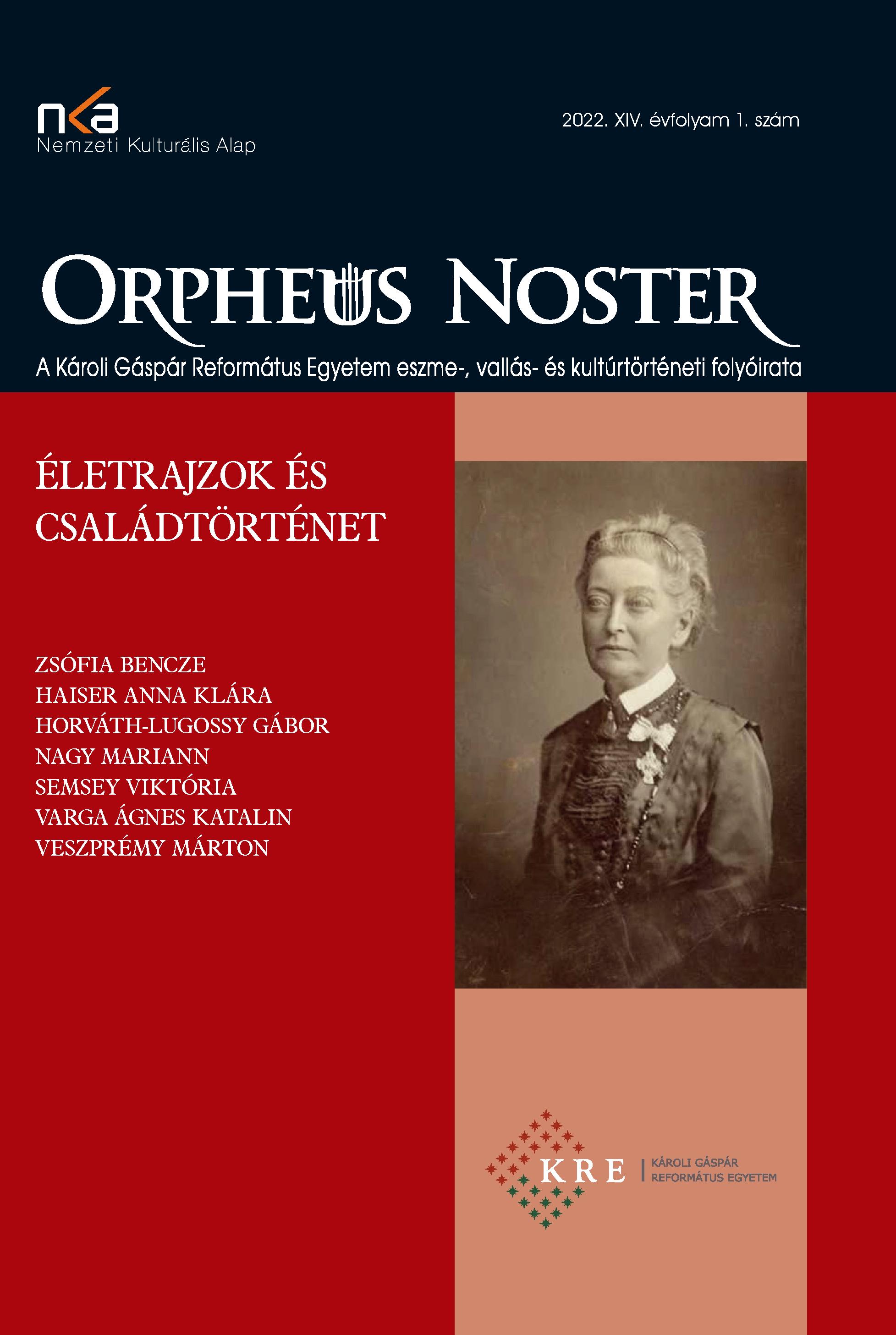Egy család – két(féle) politikus – Návay Lajos és az 1907:27. tc. Eötvös József elméleti és gyakorlati munkássága tükrében
Diversity in the Eötvös family. Two politicians: József Eötvös and his Grandson, Lajos Návay. Changing Political Views Between Generations During Dualism
Author(s): Mariann NagySubject(s): Pre-WW I & WW I (1900 -1919)
Published by: Károli Gáspár Református Egyetem
Keywords: József Eötvös; Lajos Návay; Lex Apponyi; dualism; nationality policy; liberalism; nationalism
Summary/Abstract: When the 58-year-old József Eötvös died, his grandson Lajos Návay – later MP and Speaker of the House in the Hungarian Parliament – was only one. Their political careers and views differed significantly. In this article, I summarize the political opinions of Eötvös on the nationality question by considering his intellectual work and his activity through his ministership. As I argue, although the Hungarian Parliament passed the Nationality Act of 1868, the ideal of the Hungarian political elite was the integrated national state of the Magyars. Lajos Návaywas the representative of those Hungarian politicians who followed the main ideologist of his time, Gusztáv Beksics, concerning the nationality question. Although Návay was liberal to an extent, he was insistently loyal to the idea of Hungarian supremacy. He believed this idea could be realized through education: he thought schools would be able to assimilate the different nationalities. Návay expressed his views in a study on the Act of Elementary Schools, published in 1907 in Budapesti Szemle (Budapest Review).
Journal: Orpheus Noster. A KRE Eszme-, Kultúr-, és Vallástörténeti Folyóirata
- Issue Year: XIV/2022
- Issue No: 1
- Page Range: 18-32
- Page Count: 15
- Language: Hungarian

